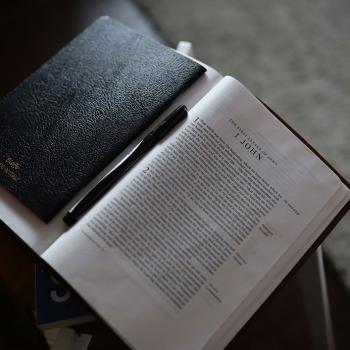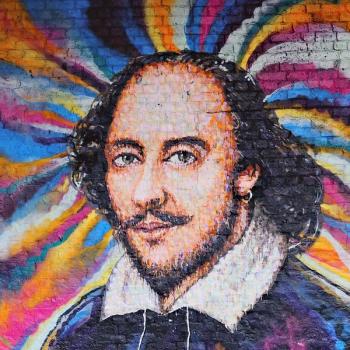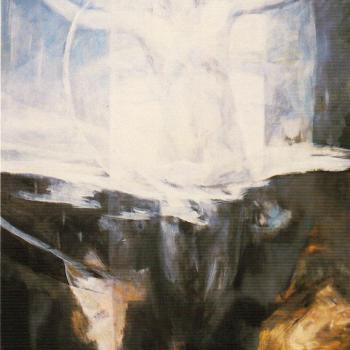Benedict now presides over a Church that has doubled in size since the Council. There are well over a billion Catholics in the world -- about 17 percent of the total human population -- the second largest religion after Islam. But many people have noted that the future of the Church seems to lie primarily in the Southern Hemisphere. Europe still accounts for a quarter of all Catholics, but the growth of the Church there falls well short of the overall population growth, while in Latin America it barely keeps pace. By contrast, while Catholics are only 17 percent of the population of Africa, their number has multiplied fifteen times since Vatican II and, while they are only 3 percent of the population of Asia, their number has tripled during the same time.
The Church also appears to have more spiritual vitality in parts of Asia and Africa, especially as measured by religious vocations. Although India by no means has the largest Catholic population in the world -- Catholics are barely 1 percent of its huge population -- it has the largest number of seminarians and female religious in the world and far more Catholic schools and hospitals than all of North America together. Yet, in many places in the Third World, Catholics are subject to violence, murder, and systematic persecution, as bishops protest but also remind their flocks that the blood of martyrs is the seed of Christians.
The dramatic resurgence of Islam puts it in conscious rivalry to Christianity, a rivalry potentially as formidable as Communism once was. A major theological issue is Vatican II's statement that Muslims, like Christians and Jews, "adore the one merciful God." Massive Muslim immigration to Europe, combined with a very low birth rate among nominal Christians, seems likely, in time, to make Islam the majority religion in what was once called Christendom.
Benedict, who perhaps chose his papal name in homage to the founder of Western monasticism, who is also the patron saint of Europe, is especially concerned to remind his fellow Europeans of the religious basis of their civilization. But although the Holy See supported the formation of the European Union, in its constitution the Union refused to acknowledge Christianity as even a historical influence in Western civilization.
In the United States, Christian ecumenism has taken an unexpected turn in the encounter between Catholics and the kind of Protestants variously called Evangelical or Fundamentalist, who tended historically to be anti-Catholic. Scarcely noticed at first, Evangelicals have replaced liberals as the dominant element within American Protestantism, and some Catholics were at first surprised to discover that they have more in common with Evangelicals than with many liberal fellow Catholics.
The new ecumenism often began with cooperation on practical moral issues like abortion but soon led to the realization that these moral principles are based on traditional Christian beliefs, including the divine authority of the scripture and the unchanging truth of the faith. Ecumenical prayer and Bible-study groups followed. Protestants of this kind are almost invisible in Europe, so that the Holy See has not engaged in formal dialogue with them. But in America there is significant ecumenical activity at the "grass roots" level, without anticipating formal reunion, activity that reveals the paradox that, to the degree that people hold strongly to their own beliefs and are unwilling to compromise, they may also respect others who hold equally strong beliefs. Ratzinger himself was praised by Evangelicals and severely criticized by liberals for issuing Dominus Jesus ("Lord Jesus"), a restatement of the classic Christian teaching that the world is saved solely through Christ.
The reality of religious liberty in a pluralistic society has changed in the decades since Vatican II, as some liberals now argue that the Church's stand on moral issues constitutes unwarranted "interference" in what should be a entirely secular society, that religious believers as such have no legitimate voice in pubic affairs. Some even demand that Church leaders, including the pope, be prosecuted for the "crime" of condemning abortion and homosexual activity. But Benedict has strongly reaffirmed the principle of religious liberty, even citing the American Revolution as marking a new stage in its development -- a government that favors no religion at the expense of others but is not hostile to any.
The protection of nature -- "environmentalism" -- is now perhaps the principal social and political issue facing the world. Like John Paul's "Theology of the Body," Benedict urges the protection of the environment on the basis of a "theology of Creation" -- the divine act from which the goodness and dignity of the world derives. Nature evolves not by blind chance but according to God's plan, and it is precisely man's divinely given stewardship that requires that nature be conserved and cherished.




